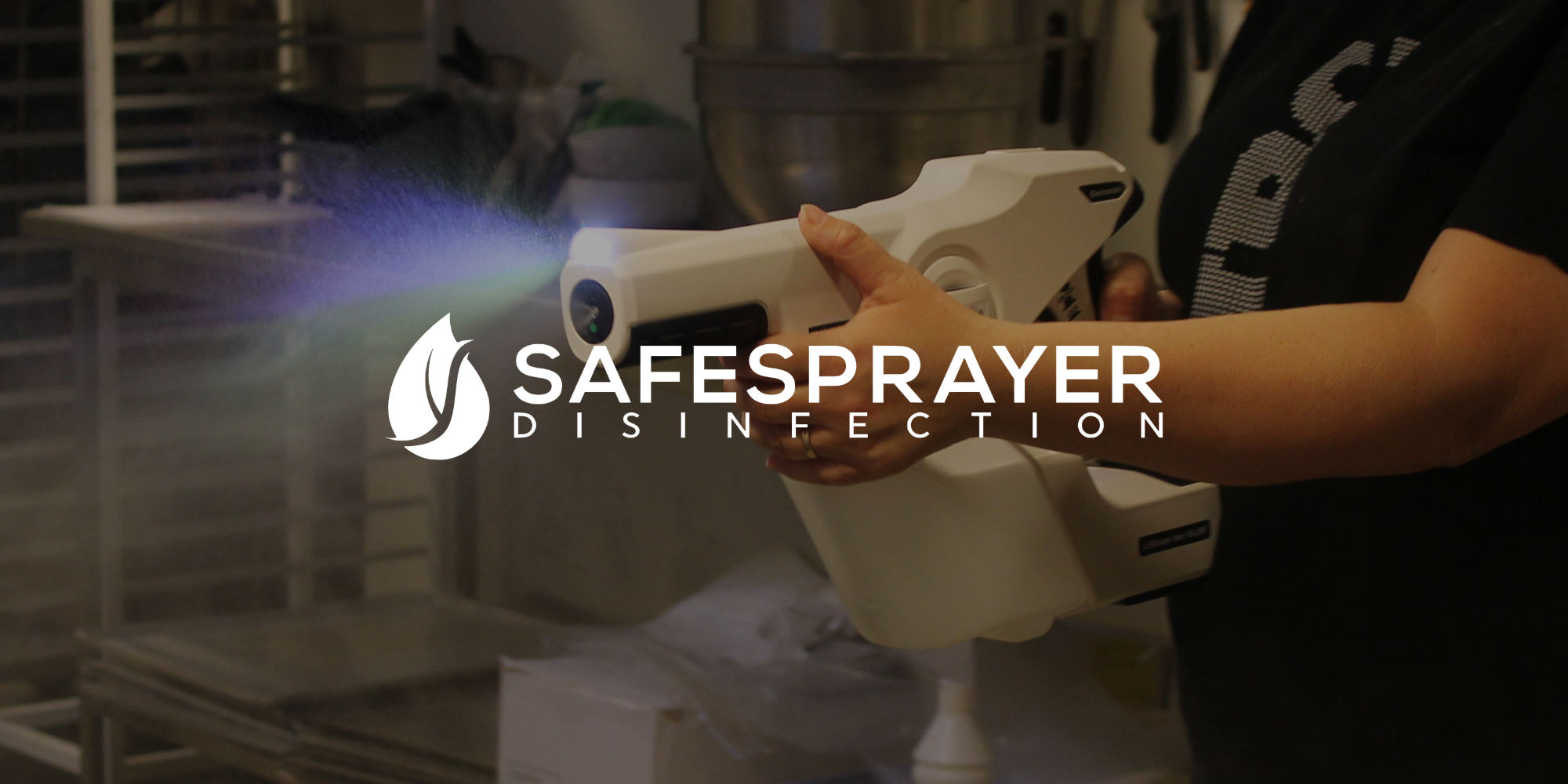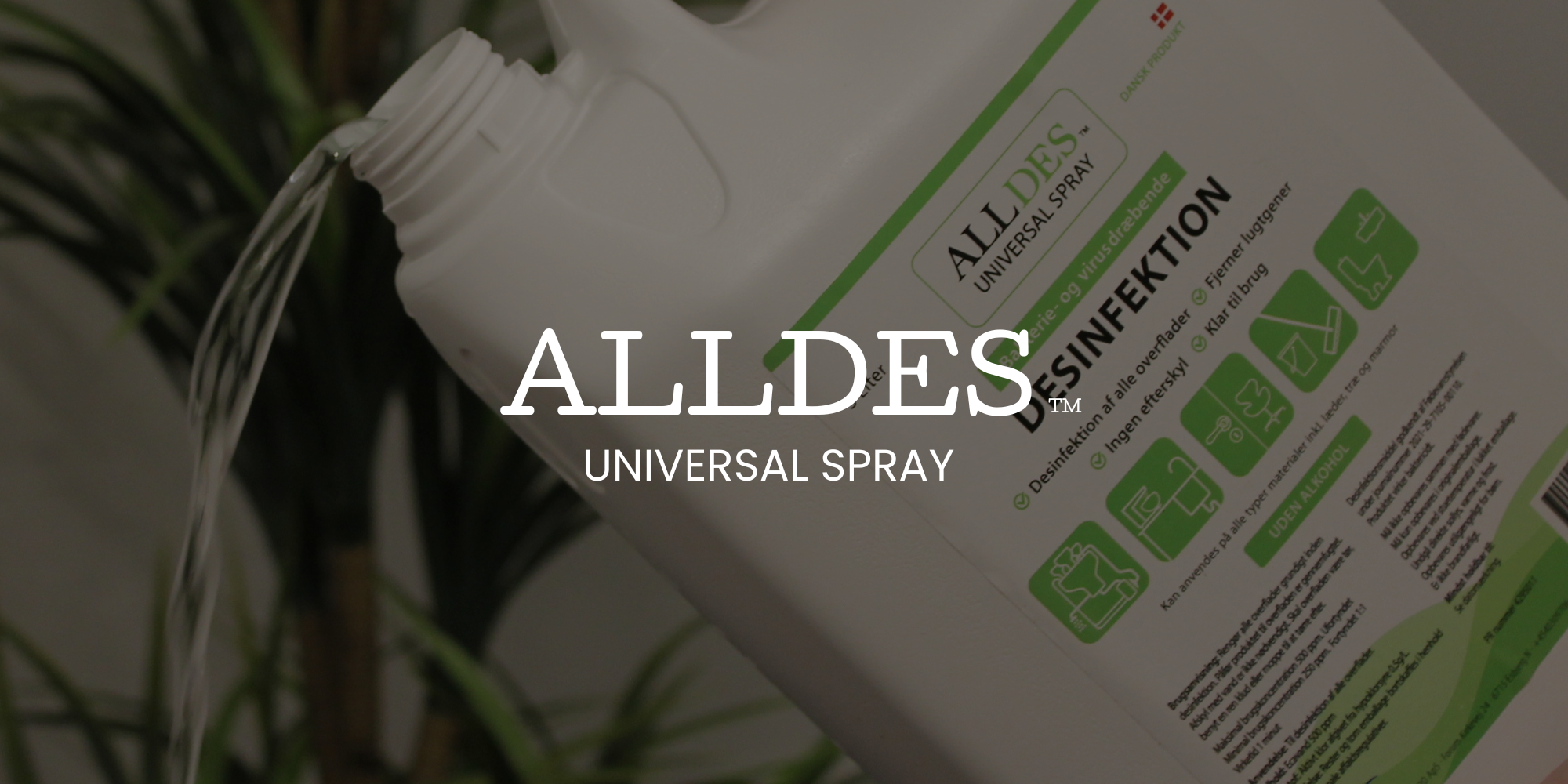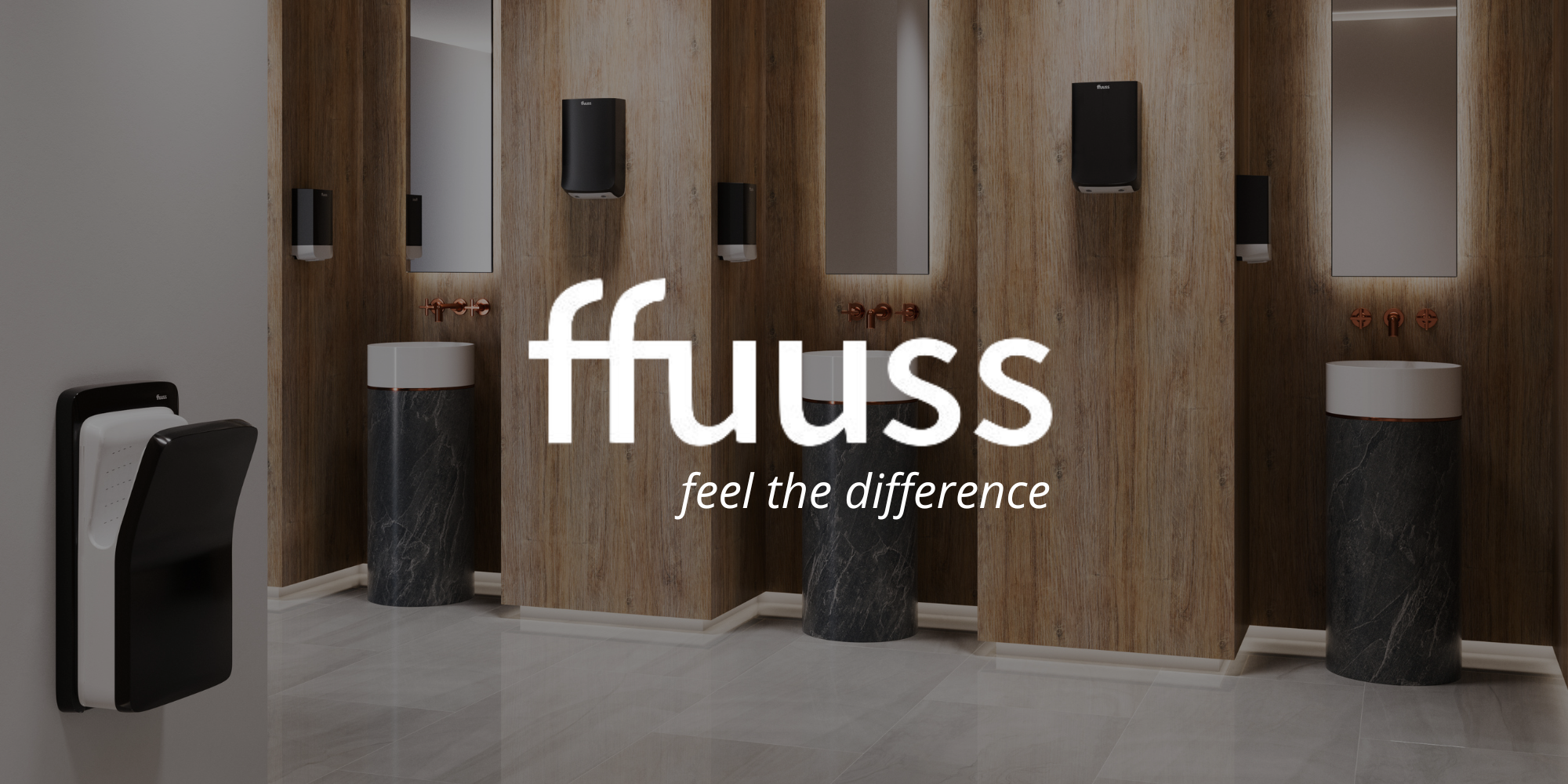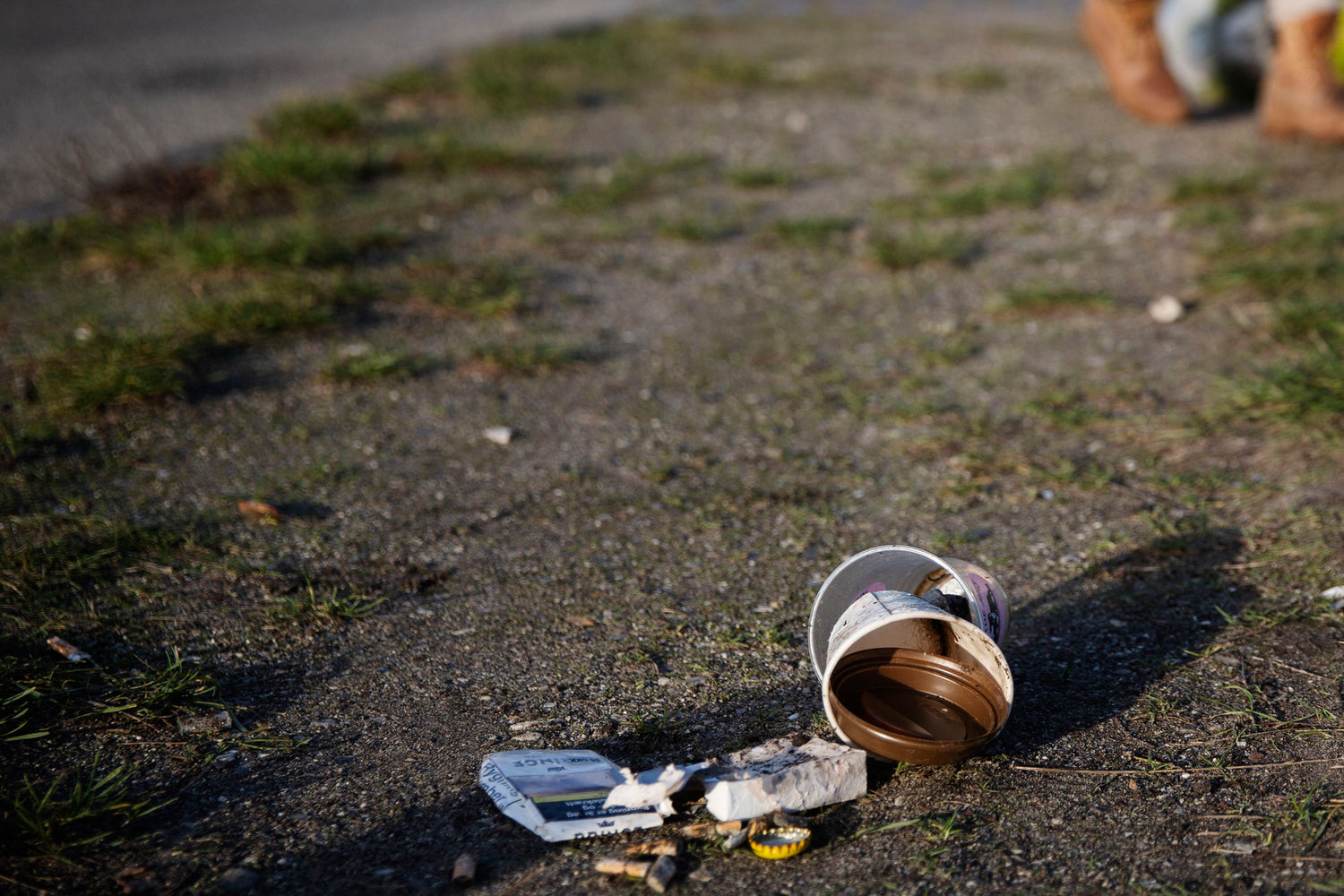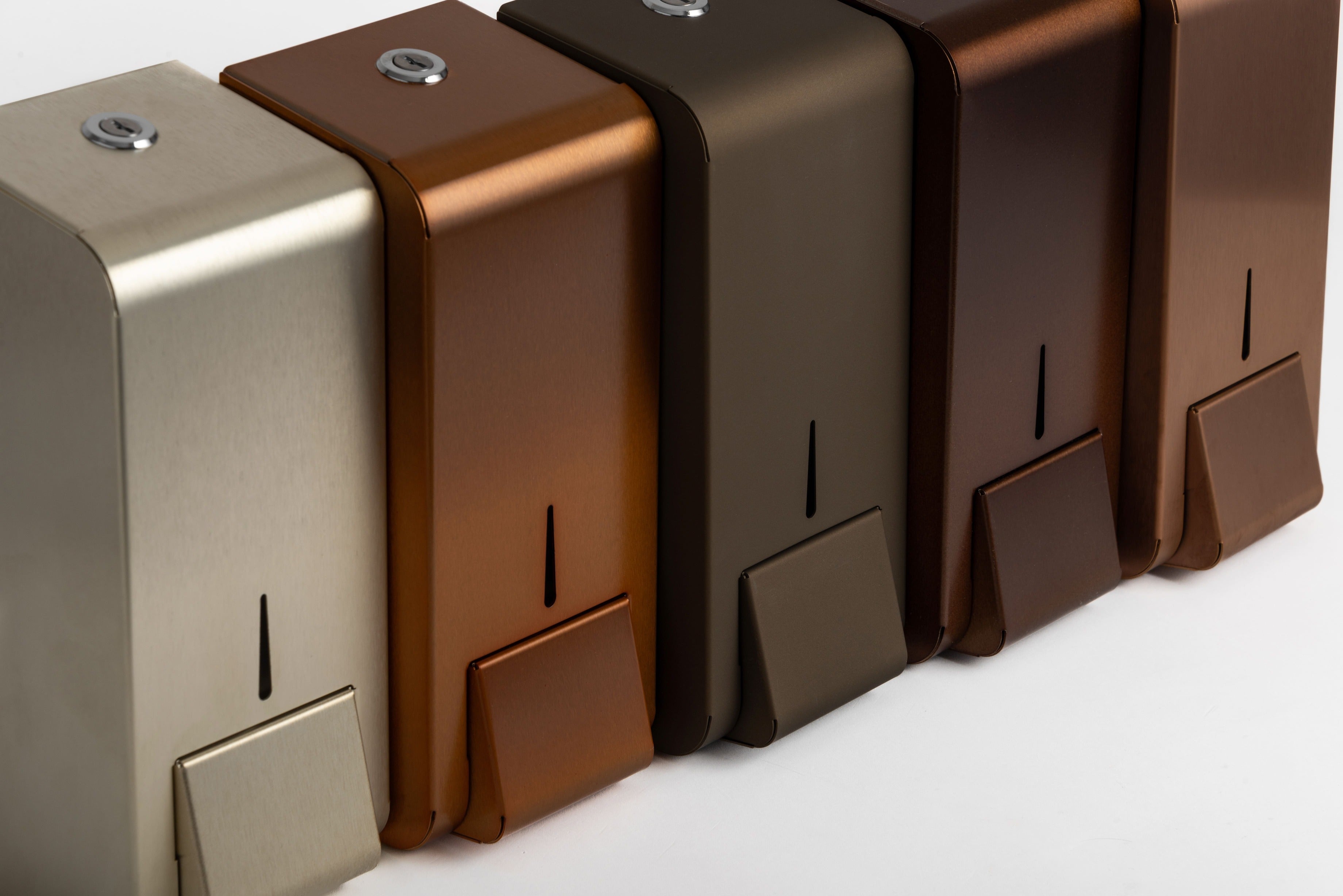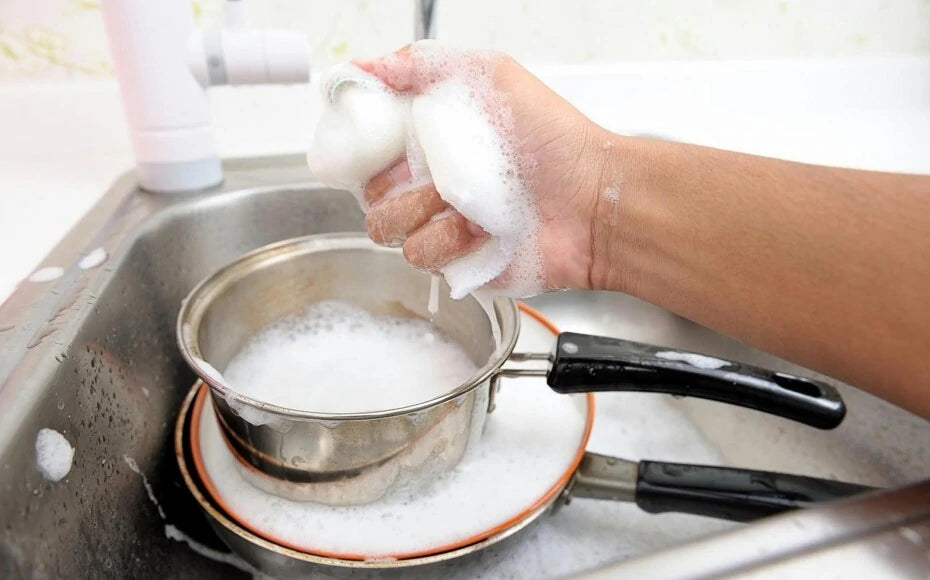As the world becomes more aware of the environmental impact of our daily habits, it becomes crucial to consider how we can reduce the use of single-use products. In this blog post, we will look at different sustainable alternatives that can help minimize waste and protect our planet.
1. Bamboo paper: An environmentally friendly choice
Bamboo is a fast-growing plant that requires minimal water and no pesticides. This makes bamboo paper a great alternative to traditional paper, which is often made from trees that take years to grow. Bamboo paper is biodegradable and just as durable as regular paper, making it an ideal choice for those looking to reduce their environmental impact.
2. Reusable coffee cups
Millions of disposable cups are discarded every day, and most end up in landfills. Reusable coffee cups made from materials such as stainless steel or bamboo are a sustainable alternative. They can be used for years and reduce the need for disposable cups, saving resources and reducing waste.
3. Biodegradable waste bags
Traditional plastic waste bags take hundreds of years to break down, while biodegradable alternatives, made from materials such as corn starch, break down much faster without leaving harmful residues. These bags are an easy way to reduce plastic waste.
4. Reusable food containers
Plastic containers and disposable plastic wrap are common in many households. But reusable food containers, such as those made of glass or stainless steel, can help reduce reliance on single-use plastics. In addition, these containers often last longer and can be easily cleaned and reused.
5. Shopping bag
Single-use plastic bags are a major source of pollution, especially in the oceans. Cloth bags are a practical and durable alternative that can be used again and again. They are also stronger than plastic bags and can carry heavier items without the risk of breaking.
FAQ - Frequently Asked Questions
1. Why is bamboo a better alternative to wood for paper?
Bamboo grows faster, requires less water, and no pesticides, making it a more sustainable resource compared to trees.
2. What makes biodegradable waste bags different from regular plastic bags?
Biodegradable bags are made from materials that break down faster and without leaving harmful residues, reducing their environmental impact.
3. How many times can I use a reusable coffee cup?
Reusable coffee cups can be used hundreds if not thousands of times, depending on the material and care of the cup.
4. Are reusable food containers safe to use in the microwave?
Most glass and stainless steel containers are microwave safe, but it's important to check the manufacturer's instructions to be sure.
5. How can I best maintain my fabric bags?
Fabric bags can usually be washed in the washing machine. To extend their life, wash them in cold water and let them air dry.
By switching to sustainable alternatives in everyday life, we can all contribute to reducing our environmental impact and move towards a greener future.



